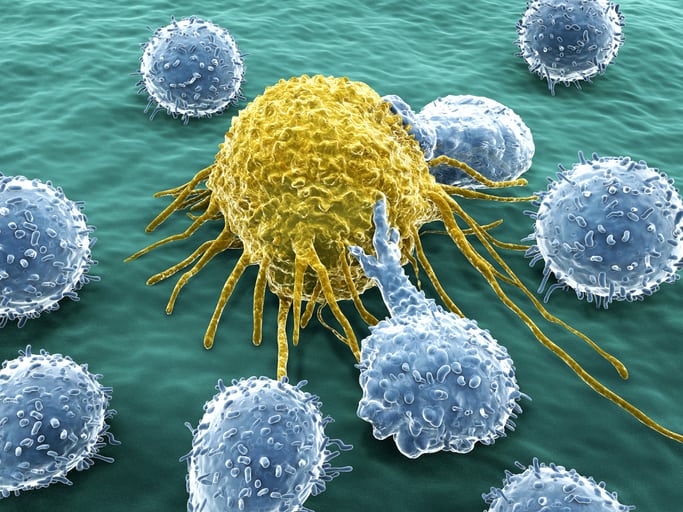BACKGROUND Anovulation consists in the lack of oocyte release during the menstrual cycle, leading to an irregular menstrual cycle. Untreated chronic anovulation is one of the major causes of female infertility and can induce hypoestrogenism. Different etiological factors can contribute to anovulation; therefore, the clinical approaches to manage this condition should take into account the specific patient characteristics. Oral ovulation-inducing agents are first-line treatments for most anovulatory patients. Drugs used include selective estrogen receptor modulators (SERMs) such as clomiphene citrate and aromatase inhibitors (AIs) such as letrozole. The latter, in particular, halts the estrogen biosynthesis by blocking the activity of steroidogenic enzyme aromatase, which catalyzes the conversion of androgens to estrogens. Similarly, d-chiro-inositol (DCI) modulates the activity of aromatase by reducing the corresponding gene expression, and DCI supplementation was successfully used to induce ovulation in anovulatory PCOS patients. Here, we report the use of DCI to induce ovulation in non-PCOS anovulatory oligomenorrheic women. CASE REPORT Two young non-PCOS anovulatory oligomenorrheic women received treatment with high-dose (1200 mg) DCI for 6 weeks. Based on an initial evaluation, both patients had normal hormone levels and were non-insulin-resistant. Ovulation assessment was based on the increment of progesterone and LH levels, as well as on the endometrial thickening. Also, the treatment with DCI resulted in a reduction of testosterone levels relative to baseline values. CONCLUSIONS After the 6-week treatment with 1200 mg DCI, ovulation was restored in both women, as confirmed by increased progesterone and LH and endometrial thickening.
D-chiro-inositol Induces Ovulation in Non-Polycystic Ovary Syndrome (PCOS), Non-Insulin-Resistant Young Women, Likely by Modulating Aromatase Expression: A Report of 2 Cases.


